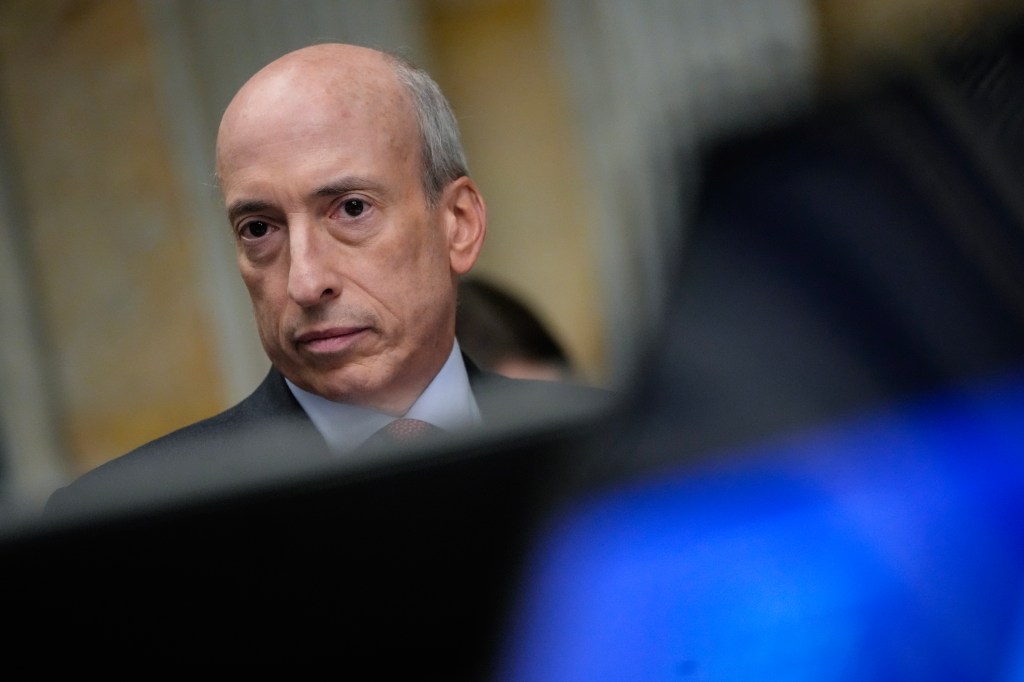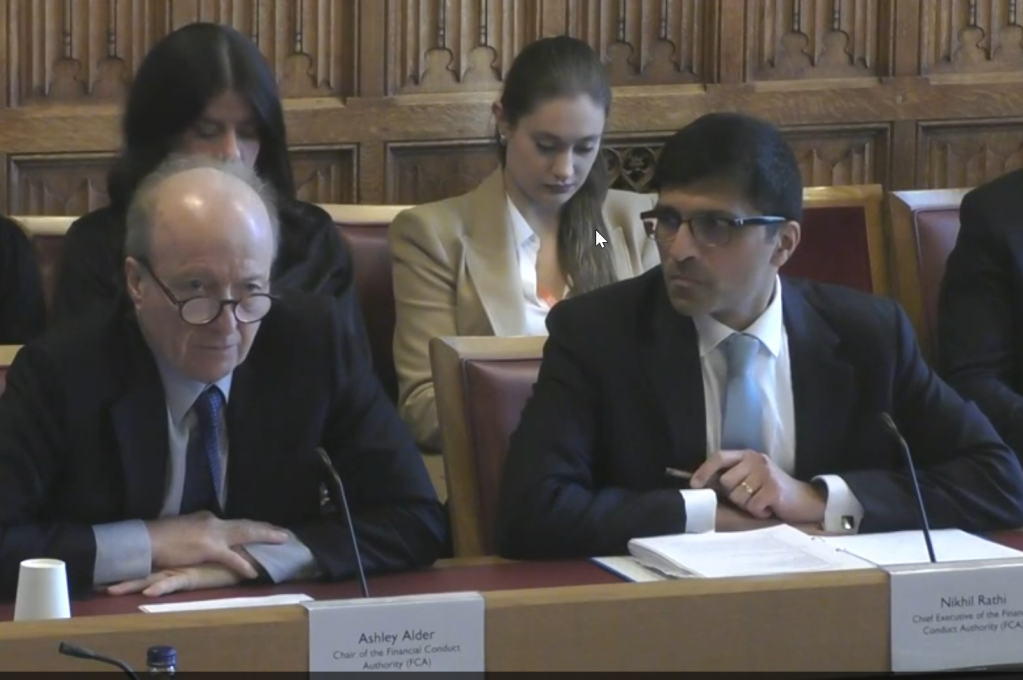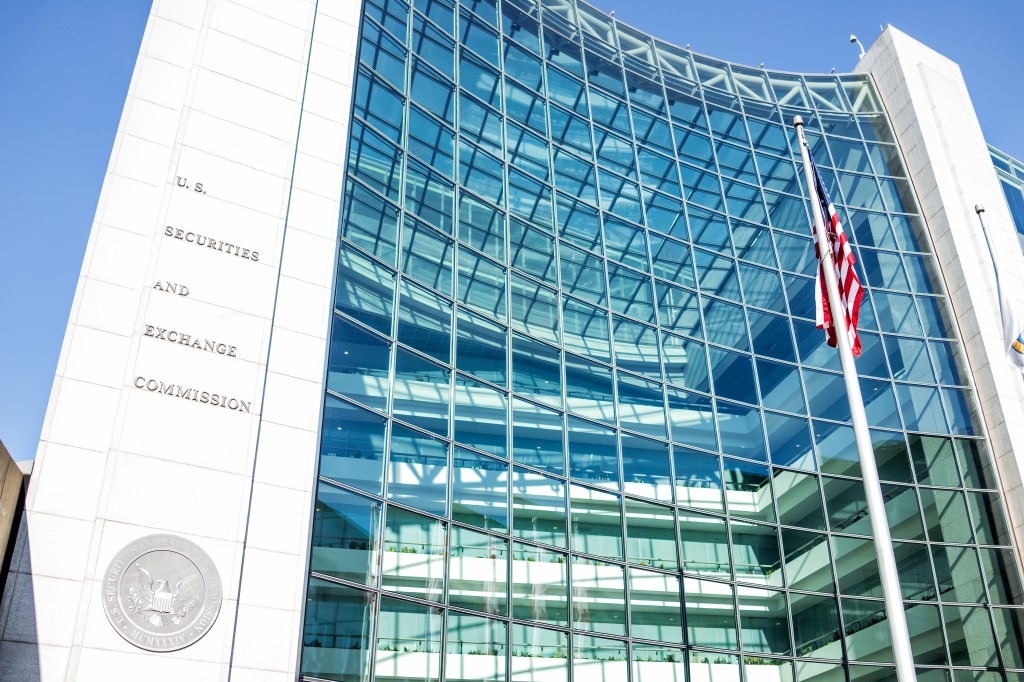ASIC has stepped up some of its work by starting 25% more investigations in 2023–24 compared to the year before, its new annual report shows. Close to 170 new investigations were started, and civil proceedings also increased by 23%.
The improvements come as the authority has been undergoing “the largest organisational redesign the agency has seen in 15 years”. This has included measures to achieve better collaboration, enhanced systems and strengthened capabilities.
“We have made significant progress with the program of transformation work we began three years ago,” Chair Joe Longo said, emphasising the new regulatory triage process as one example of the progress.
“[It] has enabled us to streamline our decision-making, improve the quality of those decisions and reduce time taken for matters to be progressed for enforcement and compliance action.”
He said that the Commission is in courts and boardrooms across the country almost every day of the week.
| 2023–24 Criminal outcomes | Amount |
|---|---|
| Surveillances completed | 690 |
| Individuals prosecuted on criminal charges by the Commonwealth Director of Public Prosecutions following ASIC referral | 23 |
| Criminal convictions | 18 |
| People imprisioned | 6 |
| Custodial sentences | 8 |
| Non-custodial sentences | 10 |
| Individuals prosecuted by ASIC for strict liability offences, resulting in A$1.1m ($731,248) in fines | 186 |
Changes to Senior Leadership Team
Besides undertaking the organisational redesign and the transformation of work, the Commission has also made multiple changes to its Senior Leadership Team. Recently, ASIC announced two new members:
- Peter Soros was appointed as Executive Director Regulation and Supervision. He joins from the Australian Transaction Reports and Analysis Centre, Australia’s financial intelligence and anti-money-laundering and counter-terrorism financing regulator, and will start work in November.
- Chris Savundra will take on the role of Executive Director Enforcement and Compliance from October 28. Recruitment for his current position of ASIC General Counsel and Executive Director Legal Services is underway. The position was earlier held by Tim Mullaly, who retired this summer.
In April, ASIC announced that CEO Warren Day would join the Commonwealth Director of Public Prosecutions on secondment as the Director’s Executive Officer on June 1, 2024. Therefore, Executive Director of Regulation and Supervision Greg Yanco was appointed as Interim CEO. He is expected to retire in mid-2025, so the search for a permanent CEO will begin in early 2025.
Three other new Commissioners were also appointed in 2023; Diana Steicke as Executive Director Registry and Intelligence; Joanne Harper as Executive Director Data, Digital and Technology; and Annie Reeves as Chief People and Culture Transformation Officer.
Scam websites takedown
One of the Commission’s biggest actions during the period was the take down of more than 7,300 investment scams and phishing websites. This was part of the Australian Government’s Fighting Scams initiative that commenced in July 2023. Australians reportedly lost A$1.5 billion ($1 billion) to investment scams in 2022.
“We’ve already examined the way major banks detect, prevent and respond to scams, resulting in ASIC setting expectations that all financial institutions take steps to improve their approaches. We have now turned our attention to a broader range of banks and superannuation trustees to ensure they’re doing all they can to protect their members and customers from predatory scammers,” the regulator said.
During the period, ASIC also made several regulatory and enforcement firsts, where some actions included:
- Two greenwashing civil penalty actions, one against Vanguard, and one against Mercer Superannuation (Australia) Limited, which was ordered to pay a A$11.3m ($7.5m) penalty.
- The first stop order on a life insurance product – issued on Clearview Life Assurance Limited’s Clearview ClearChoice Income Protection Cover and Accidental Income Protection Cover for not meeting requirements of deficiencies in the target market determination; and
- The first infringement notice of A$1,050,000 ($692,994) issued to the market operator the ASX for failing to comply with Market Integrity Rules.
| 2023–24 Civil/infringement notices and court enforceable undertakings | Amount |
|---|---|
| Civil proceedings | 32, involving actions against 69 defendants |
| Court imposed civil penalties | A$90.8m ($60.3m) |
| Issued infringement notices | 26 |
| Issued infringement penalties | A$7.2m ($4.8m) |
| Court enforceable undertakings | 7 |
| 2023–24 Bannings | Amount |
|---|---|
| Individuals or companies removed or restricted from providing financial services | 64 |
| People disqualified or removed from directing companies | 35 |
| Individuals or companies removed from the credit industry | 11 |
| Actions taken against auditors and liquidators | 54 |
The Commission’s work also generated 11.8 million visits to its Moneysmart website, where 6.2 million users used the online tools to take control of their finances.
ASIC also published 18 industry reports, and had 886 relief applications approved.
“Our work has promoted confident and informed participation in financial markets and protected consumers and investors from harm. We have used the full suite of our regulatory tools to promote compliance and accountability, and enforce the law,” Longo said.
Strategic priorities
Looking ahead, Commissioner Kate O’Rourke said in a speech at the 34th Annual Credit Law Conference on October 24 that in the year ahead, ASIC’s work will be guided by these five strategic priorities:
- To improve consumer outcomes in relation to financial products and services.
- To address financial system climate change risk.
- To encourage better retirement outcomes and member services.
- To advance digital and data resilience and safety.
- To drive consistency and transparency across private and public markets and products.
“ASIC continues to place the highest priority on protecting consumers from poor conduct and harm from products in the credit and banking sectors,” O’Rourke commented. “Given the ongoing cost-of-living pressures, we have a significant range of work in this area.”
Criticism of ASIC
Yet, compared to 2022-23, the total amount of civil penalties more than halved. During that period, ASIC made 35 criminal convictions, and gathered almost A$190m ($120m) in civil penalties and fines. There were 23 criminal convictions in the latest period, and about a total of A$91.9m ($60.9m) in civil penalties and fines.
Even though ASIC is displaying some improving and increasing results, the Senate Economics Committee said that ASIC’s lack of early regulatory intervention has harmed consumers and investors, and called for a companies regulator and separate financial conduct authority.
“Exercising ASIC’s responsibilities needs to be done better and it needs to be done differently,” the Committee said.
In the report, the committee criticises ASIC for having too broad a remit for it to be an effective and efficient authority. The Commission was also heavily criticised for its approach to investigation and enforcement, and the committee said that it has observed “deep flaws” where ASIC consistently fails to prosecute offenders and “litigates relatively few matters through the courts.”
“Too often, ASIC fails to respond to early warnings of corporate misconduct and does not routinely use the full extent of its powers to achieve strong enforcement outcomes,” the committee said.
Actions against the most serious cases for prosecution were also found to be decreasing. In 2022–23, 41 referrals were made to the Commonwealth Department of Prosecutions – down from 86 in 2018–19.
Toothless tiger
The criticism of ASIC’s approach to investigation and enforcement is nothing new, and the Commission has often been labelled a ‘toothless tiger’ for the perceived weakness of its actions. In 2014, the committee sent over 60 recommendations to help improve its performance. Concerns have also been raised by many other parliamentary inquiries, government reports, academic works and in public discourse.
The Royal Commission into Misconduct in the Banking, Superannuation and Financial Services has also been severely critical of ASIC’s enforcement approach, pointing to instances where financial service providers were not being held to account for unlawful conduct.
“Too often, ASIC fails to respond to early warnings of corporate misconduct and does not routinely use the full extent of its powers to achieve strong enforcement outcomes.”
The Economics Committee
ASIC was established in 1991, and successive governments have since then expanded its remit in response to the need to bolster corporate and financial regulation. It has undergone multiple organizational restructures, and has been granted significant budget increases by the Australian Government.
ASIC’s budget increased from A$607m ($410m) in 2016–2017 to A$861m ($582m) in 2021–2022, and staff numbers grew from 1,640 to 1,947.
This has, however, not led to improvements in performance according to the committee.















